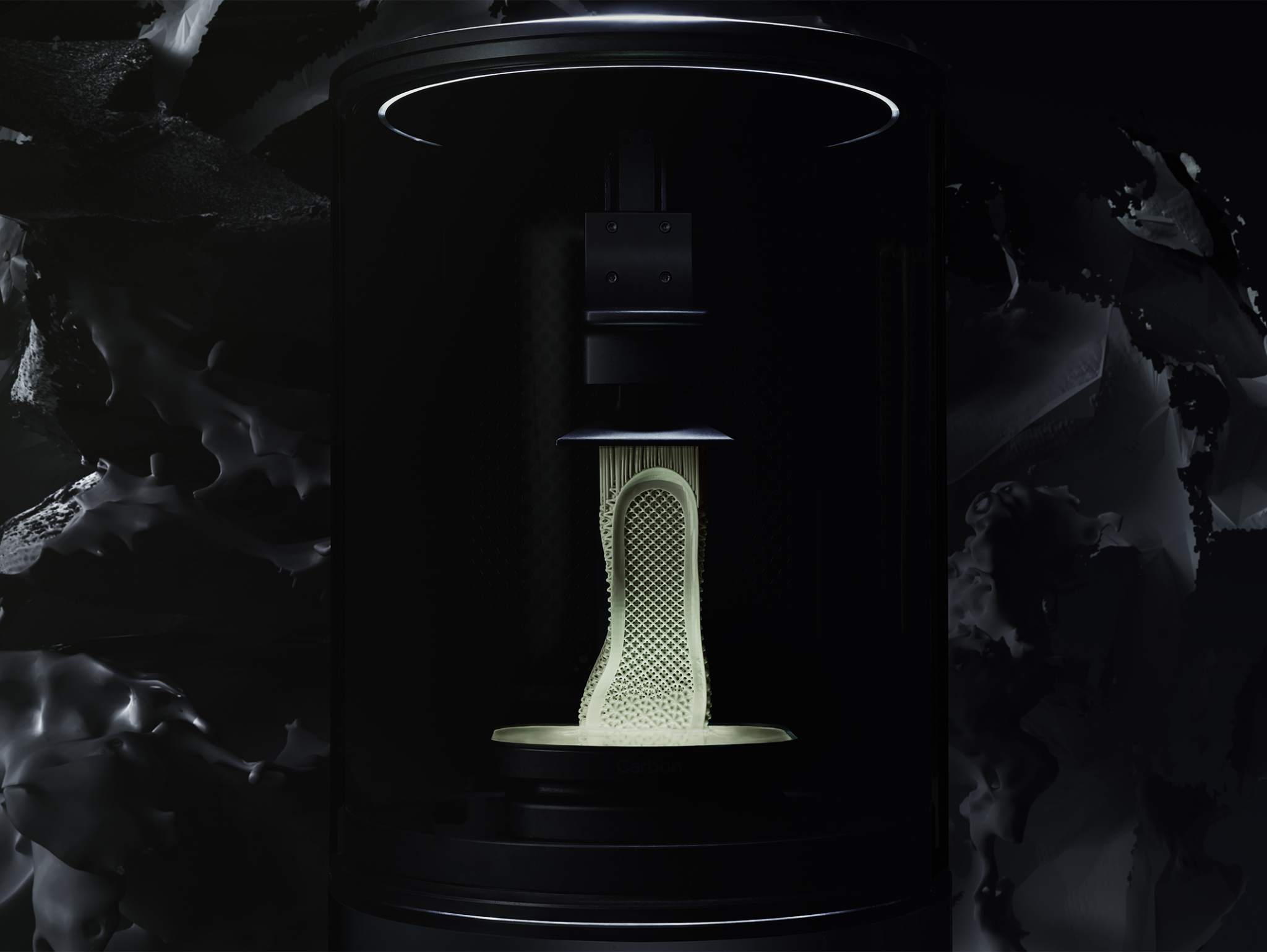Prodways Group has announced the successful commercial development of its 3D printing solutions portfolio for the footwear industry.
The 3D printing machines and material offerings from Prodways hope to provide enhanced functionalities and capabilities to footwear manufacturers. Prodways states its proprietary TPU material has been implemented by sportswear brand Nike.
Subsidiary of Group Gorgé, Prodways was recently listed on the Euronext Paris stock exchange through an initial public offering (IPO) and raised over €50 million as a result.

Enhanced capabilities through TPU
Prodways’ TPU material has, according to Prodways, “superior elongation at break capacity of over 300%.” This enables the creation of “ultra-flexible” midsoles without the need to spend significant time on producing tooling equipment. Industry recently interviewed Canadian designer, Amadou ba Ndiaye as he showcased his 3D printed shoes which were made entirely of TPU. This shows the potential for 3D printing more than just the midsole.
Speaking to Prodways, Harleigh Doremus of Nike Rapid Prototyping, explained how the brand has incorporated Prodways’ technology,
Prodways’ TPU material has been an excellent addition to our Rapid Prototyping operations. The ease-of-processing of the TPU material has allowed us to consistently produce high quality flexible parts and is a key component in increasing the ‘speed-to-market’ of new Nike products.

Adoption in the footwear industry
While 3D printing is often seen as a prototyping tool, recent developments in the industry suggest the technology is beginning to prove its worth in producing final functional products. This is shown as Adidas recently teamed up with Californian 3D printing company Carbon to 3D print midsoles for its Futurecraft 4D sneaker. Carbon will be enlisted by Adidas to mass produce the midsoles using its resin-based CLIP technology, showcasing an application of 3D printing for much more than prototyping or small batches.
There seems good reason for this development too, as Prodways explains its process enables interesting possibilities. With this TPU material, Prodways highlights the ability to alter the density of the 3D printed structure. This means Prodways can alter the hardness or softness of different areas of the midsole for certain applications or even for certain users.
The idea of 3D printing tailor-made, customized footwear products has been explored by many companies and particularly in creating 3D printed insoles. Canadian company Wiivv has created an app to 3D scan customers’ feet in order to 3D print bespoke insoles. However, by controlling the hardness of different areas of a midsole, Prodways could take this one step further in the future. Currently, Prodways has developed a commercial application of its technology through its 3D printed insole brand ScientiFeet.
For all the latest 3D printing news, subscribe to the most widely read newsletter in the 3D printing industry, follow us on twitter and like us on Facebook.
Featured image shows an insole created by ScientiFeet. Photo via ScientiFeet.

Leave A Comment